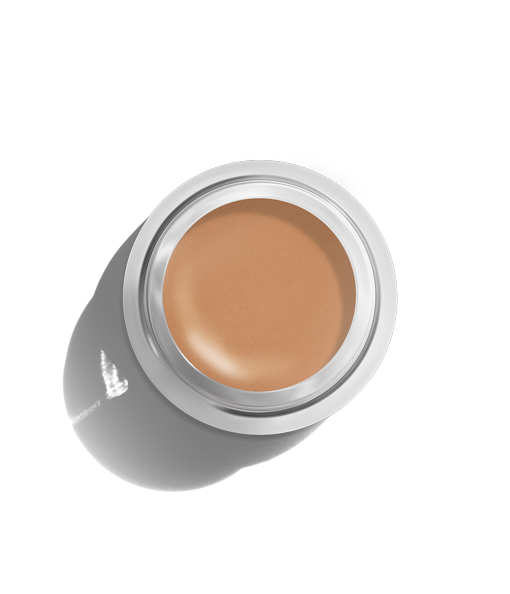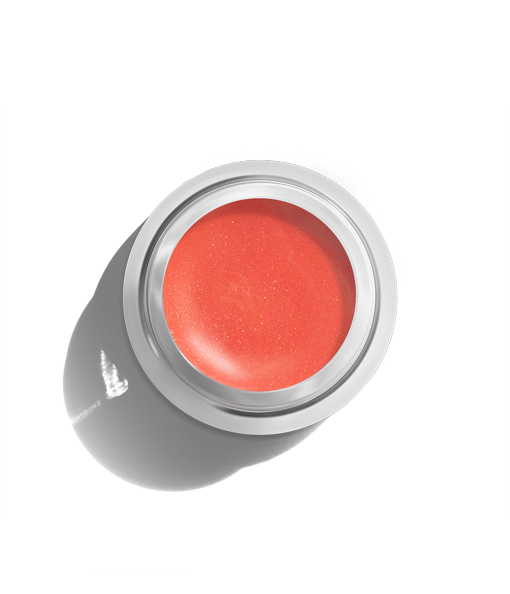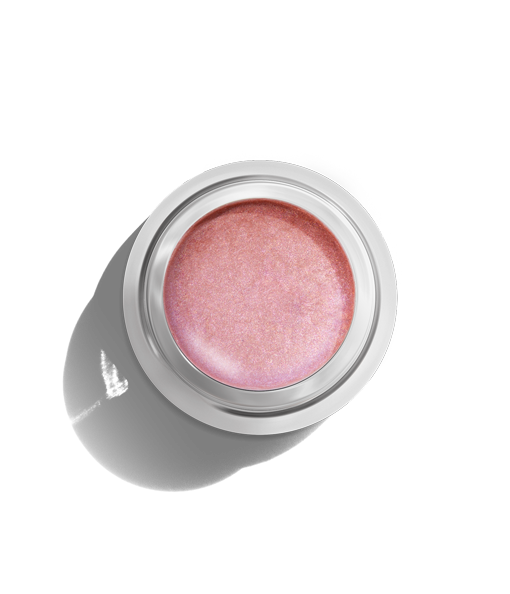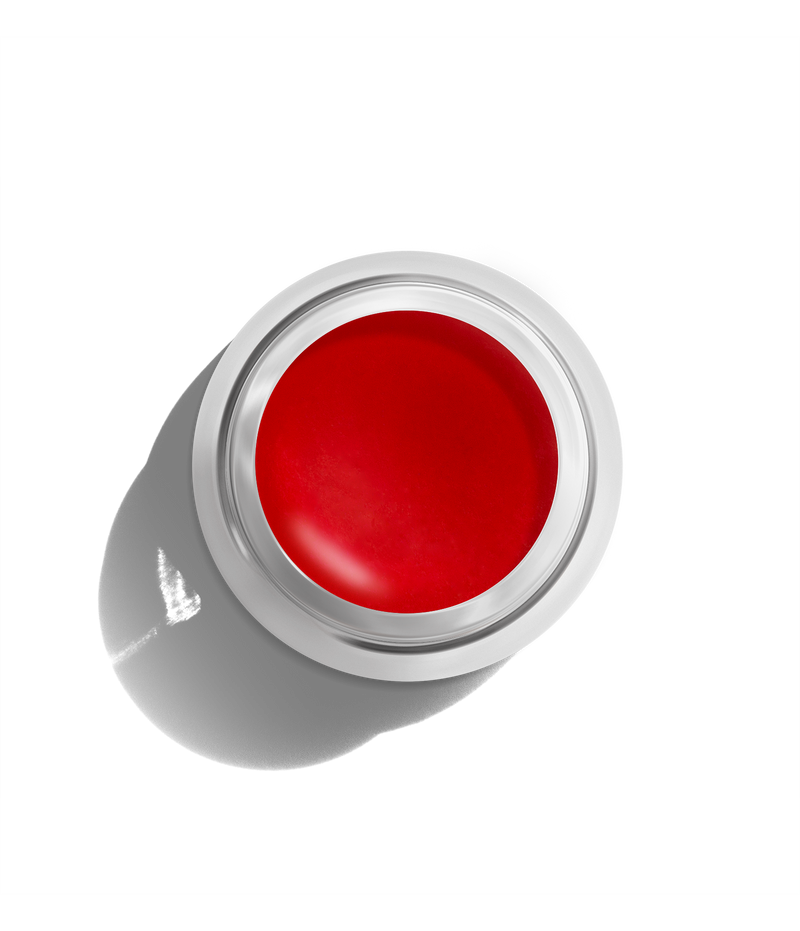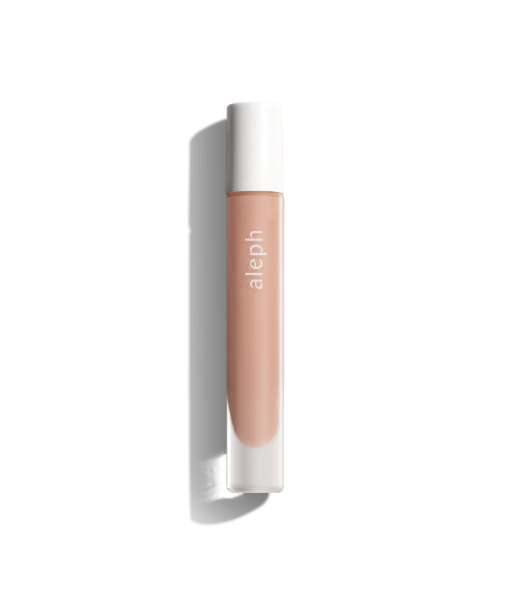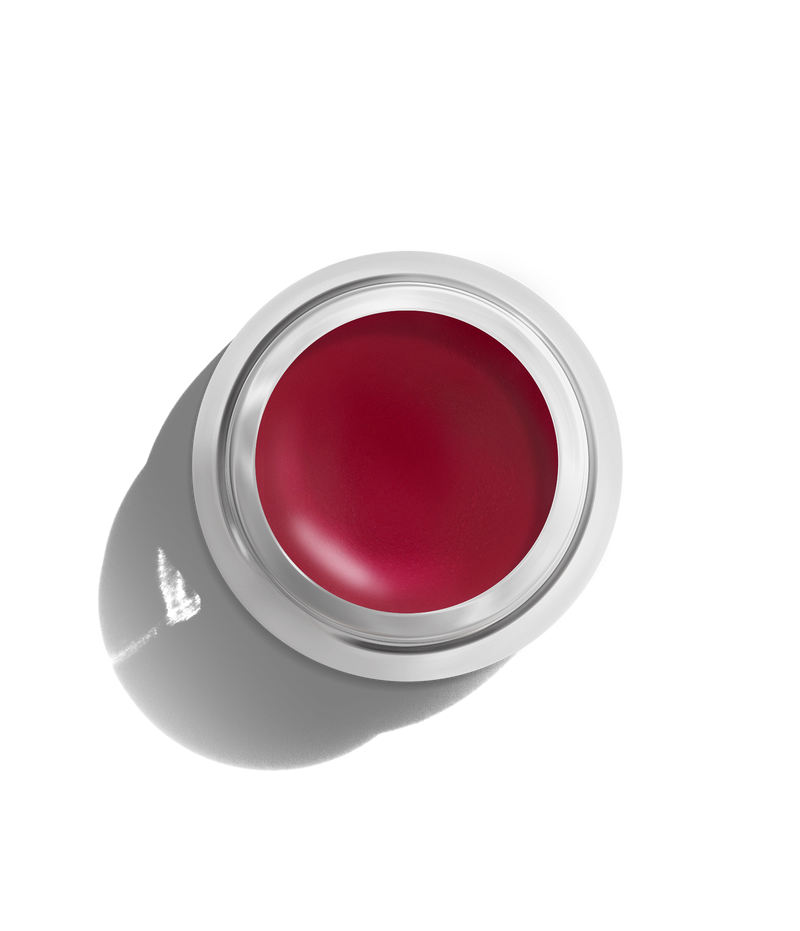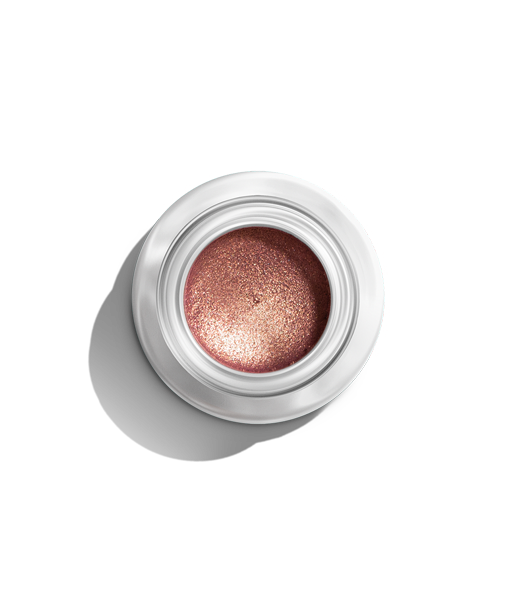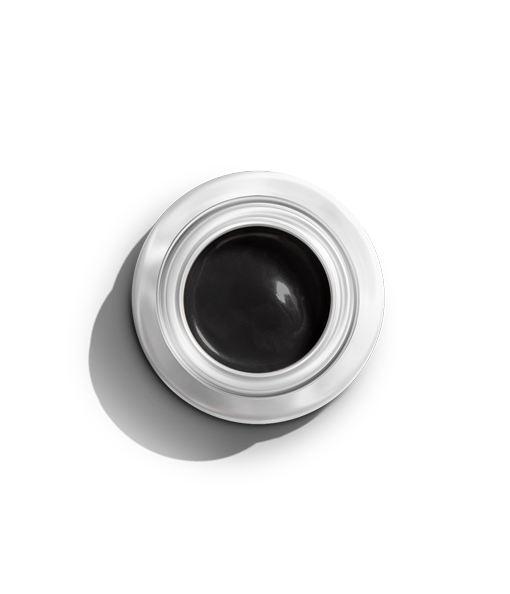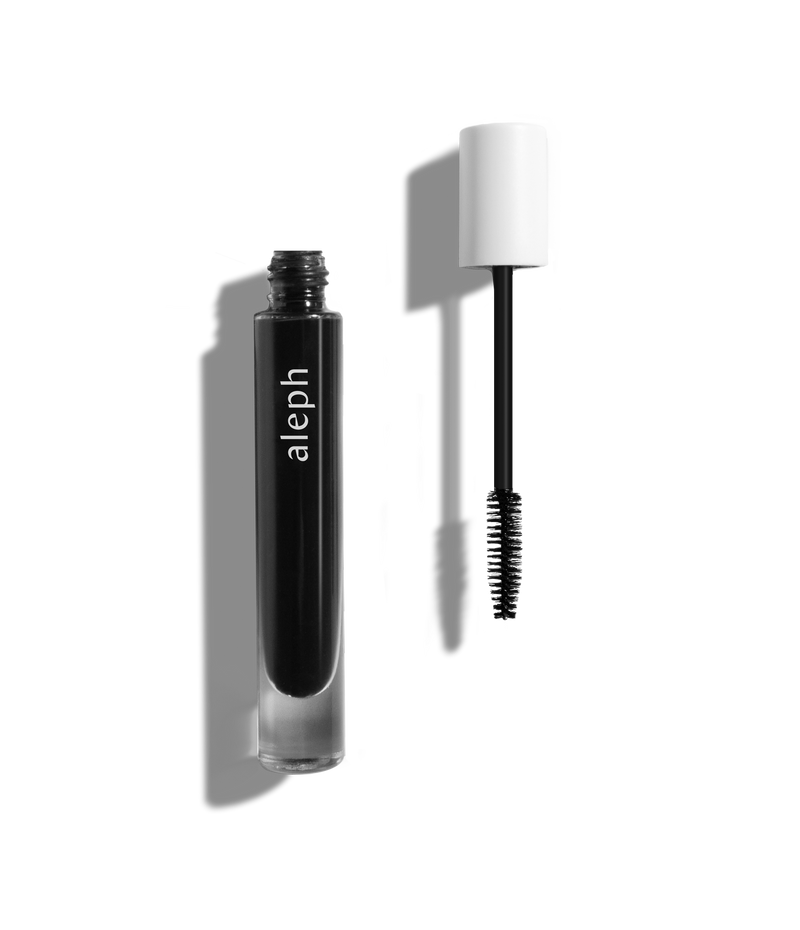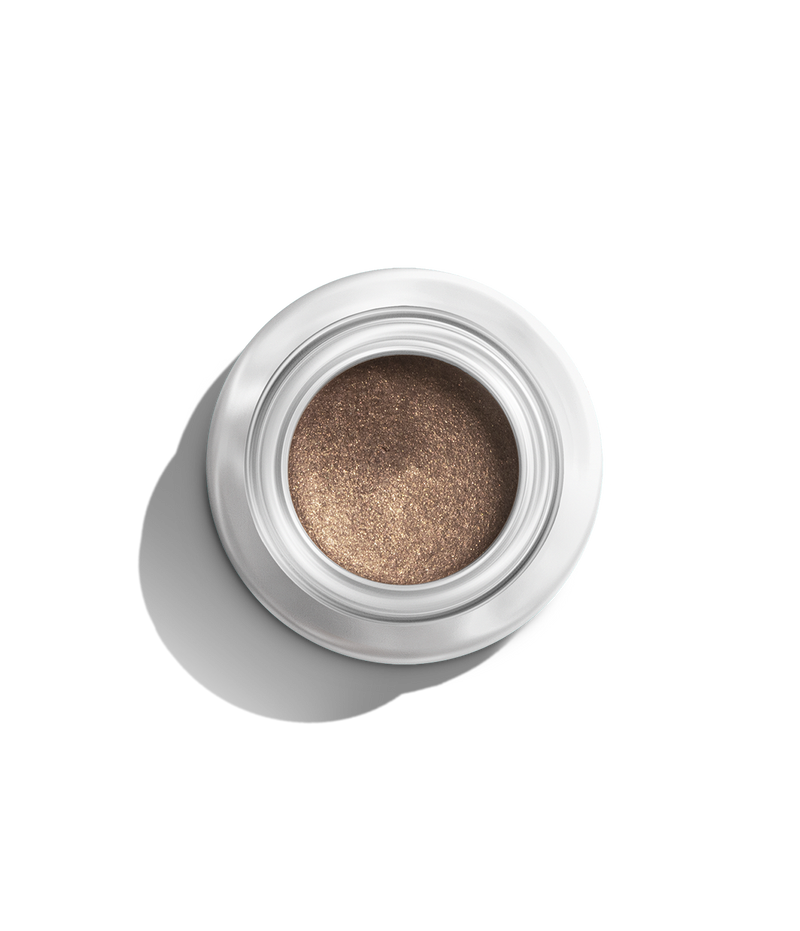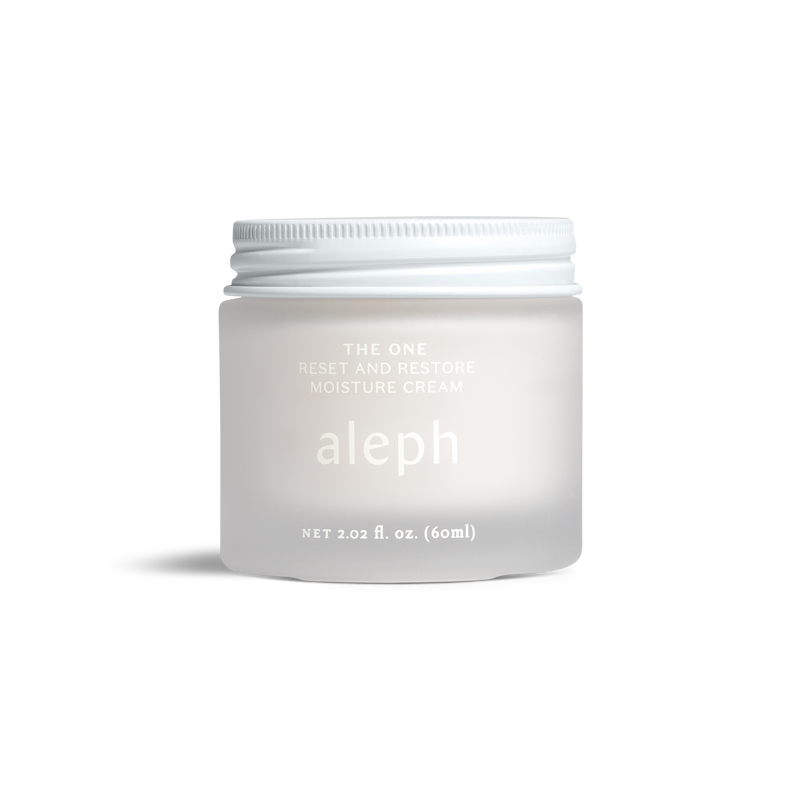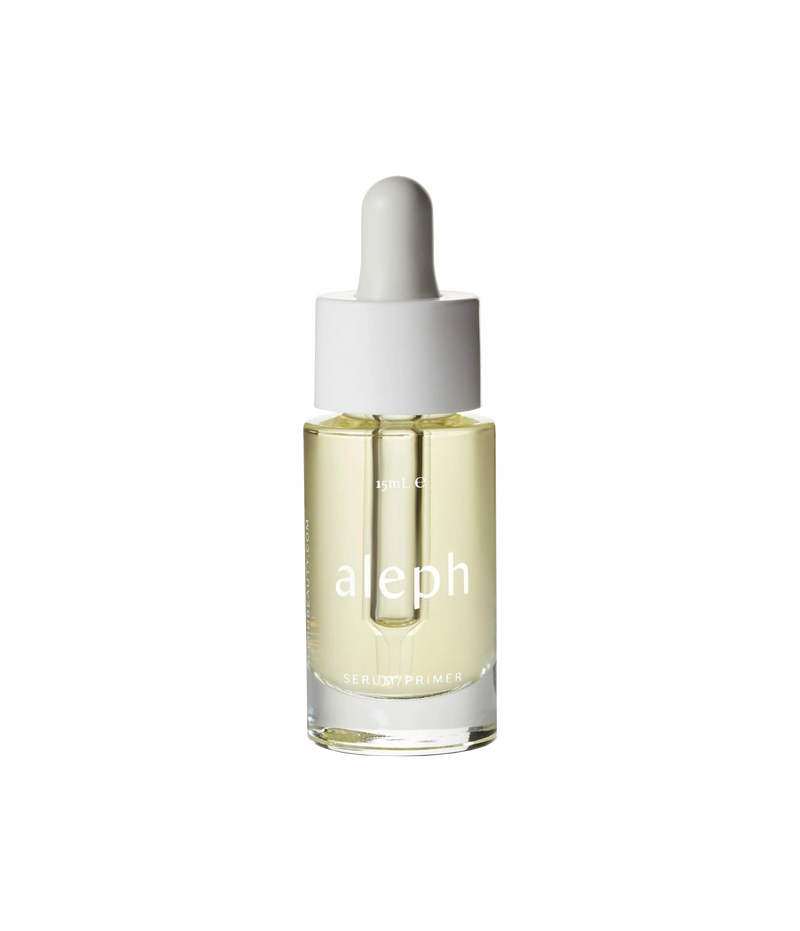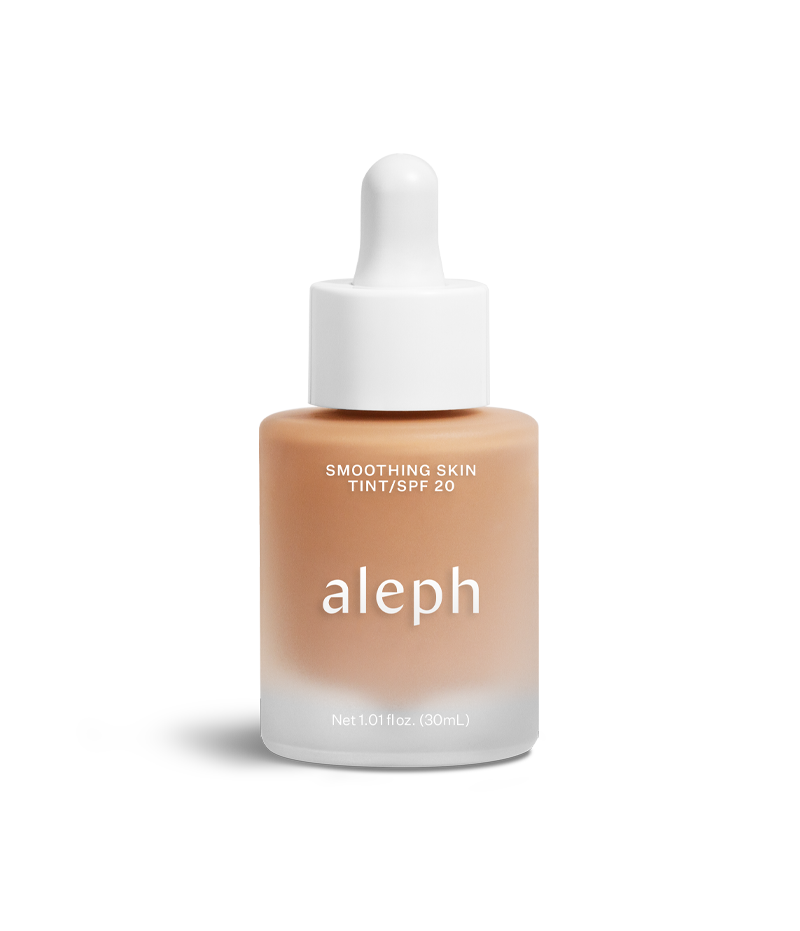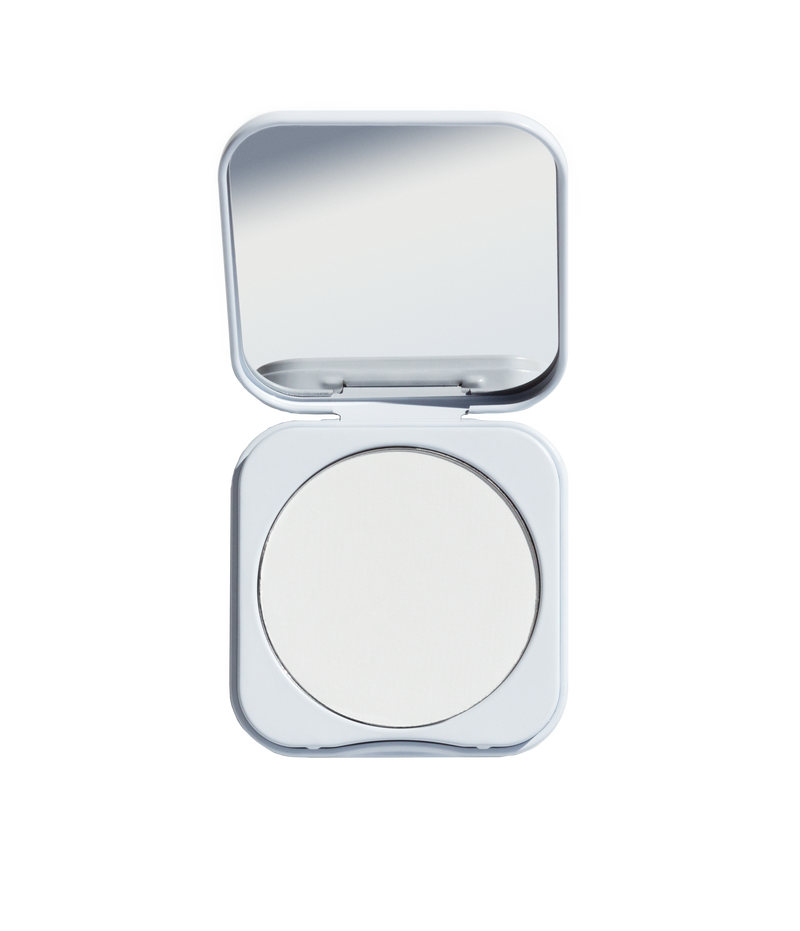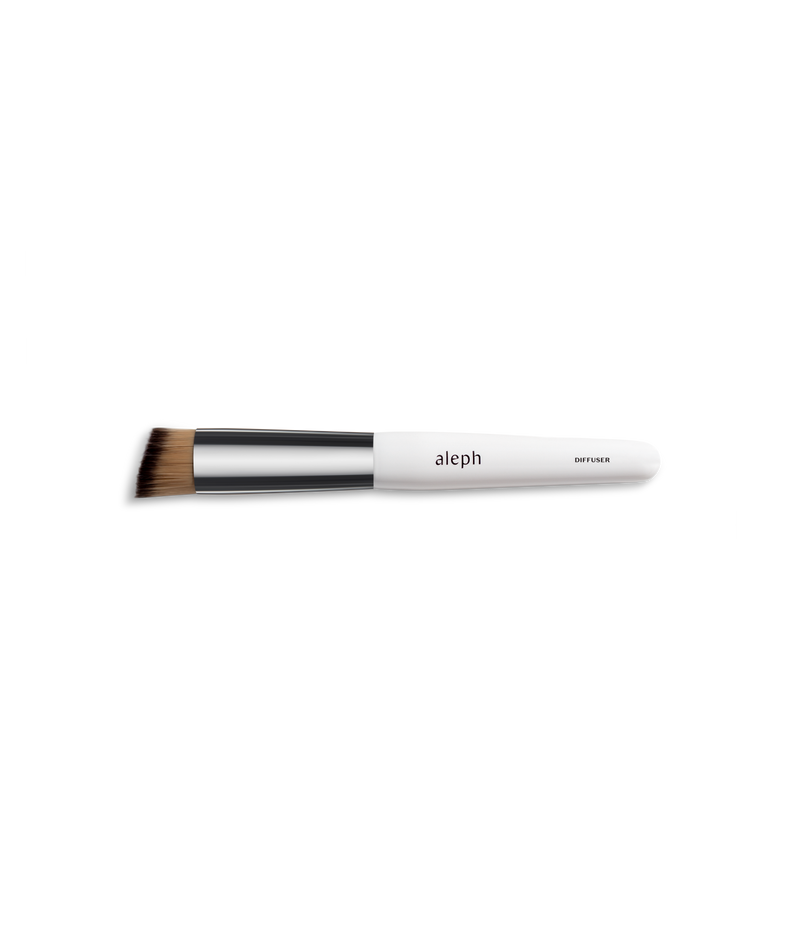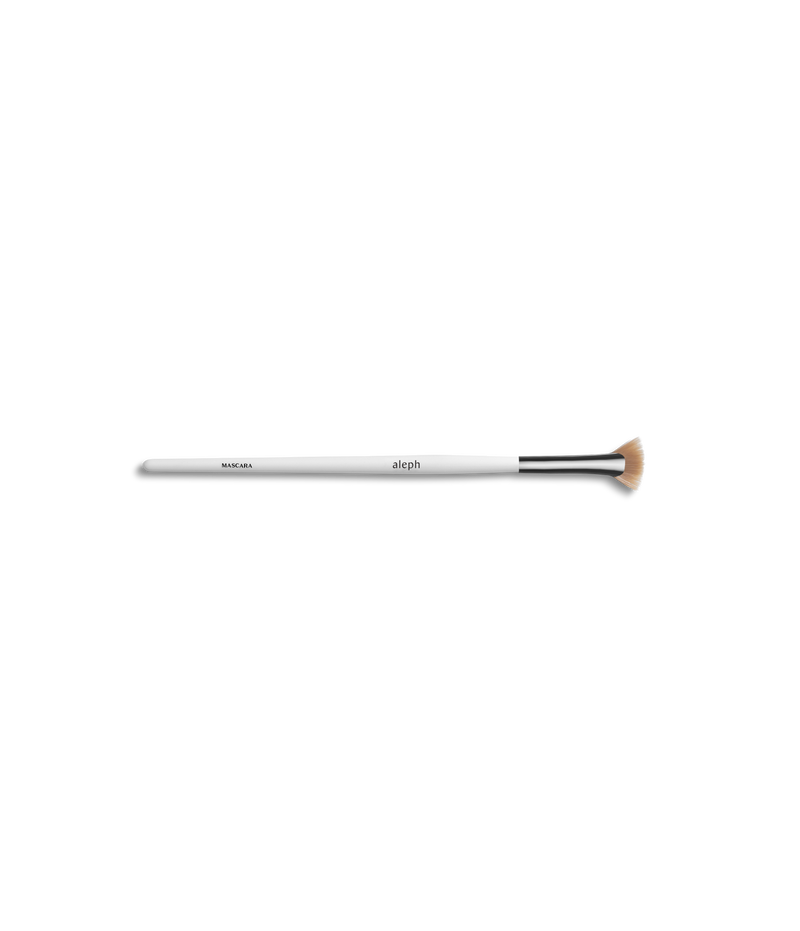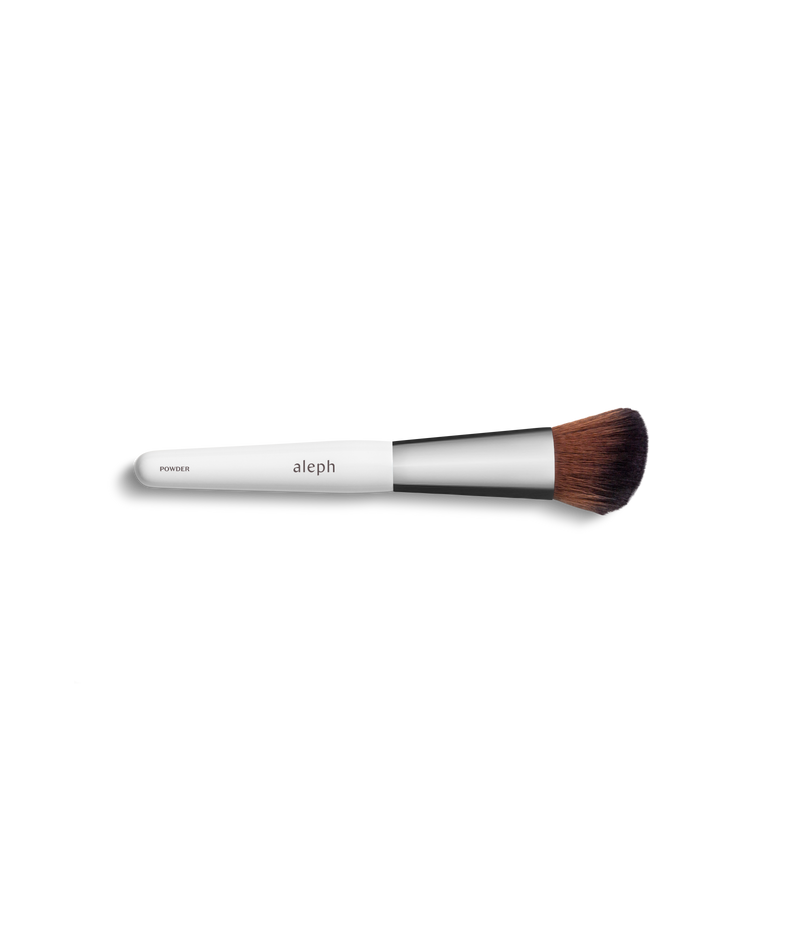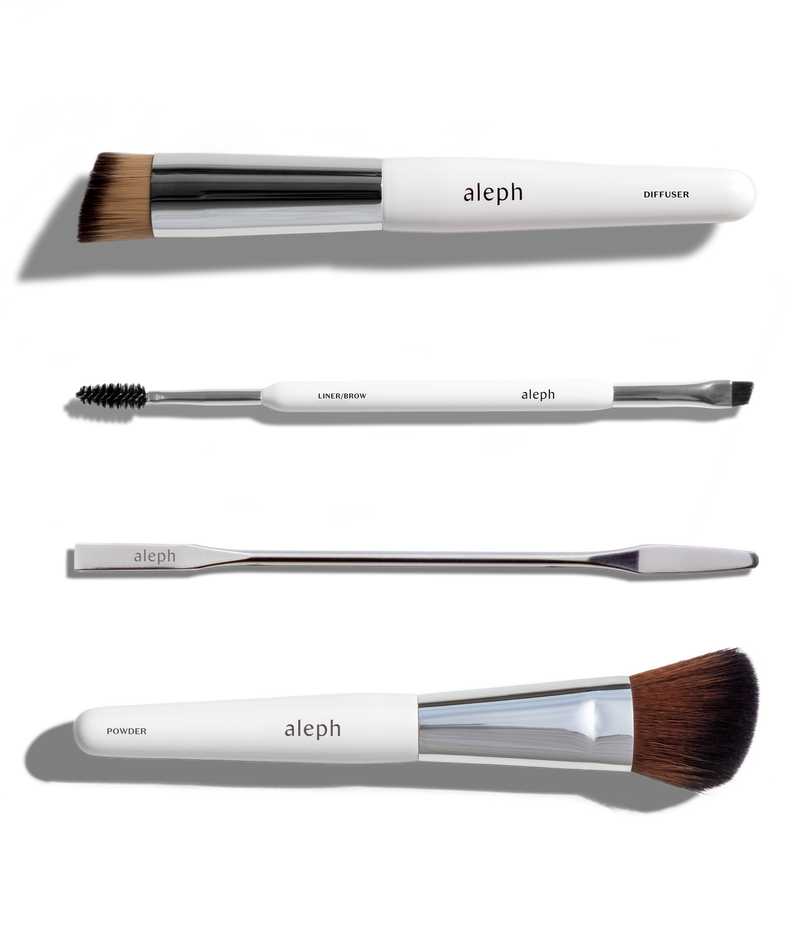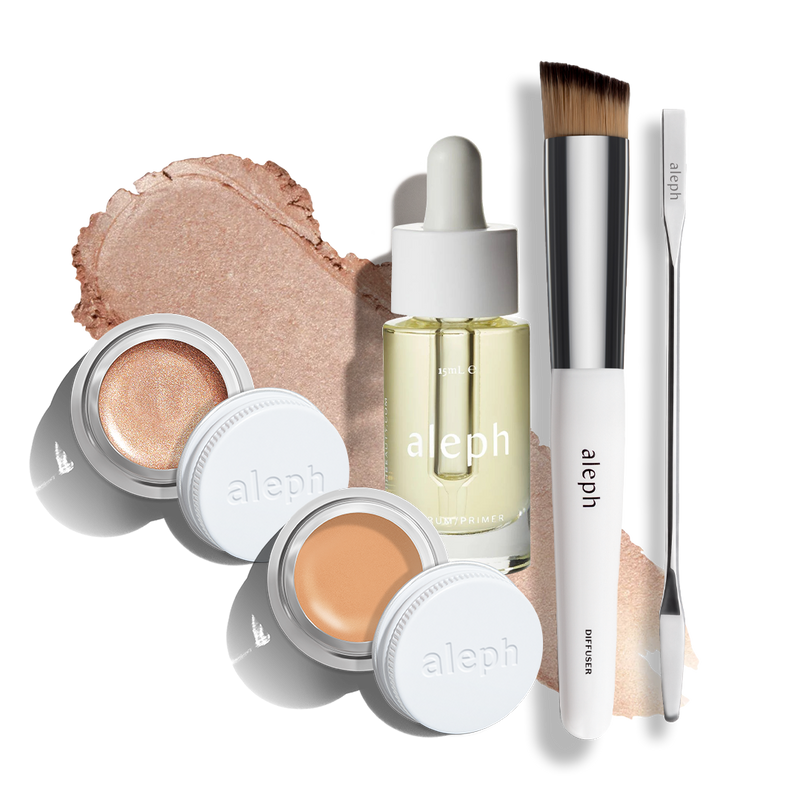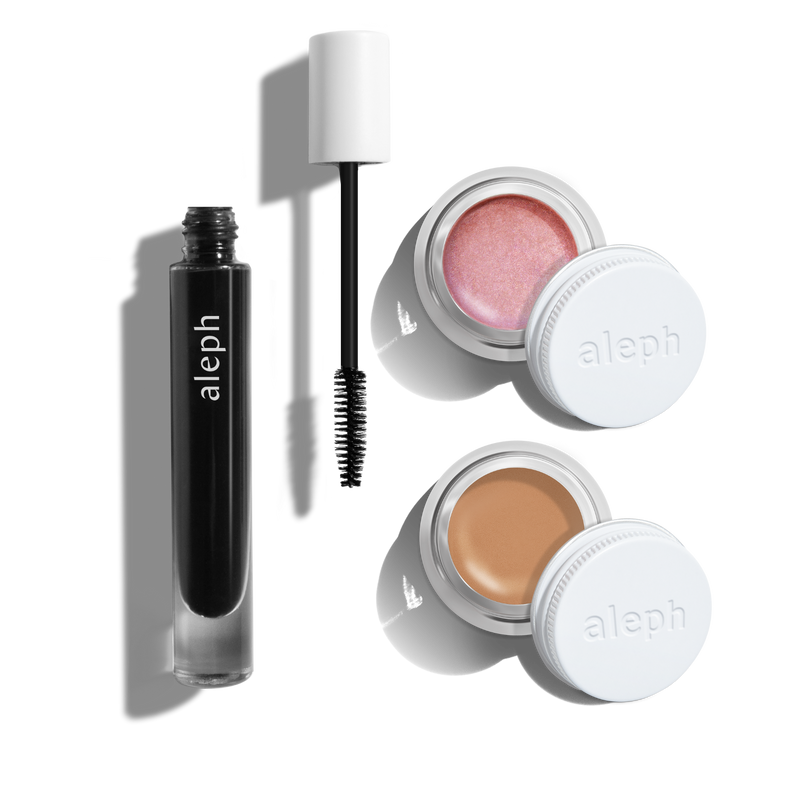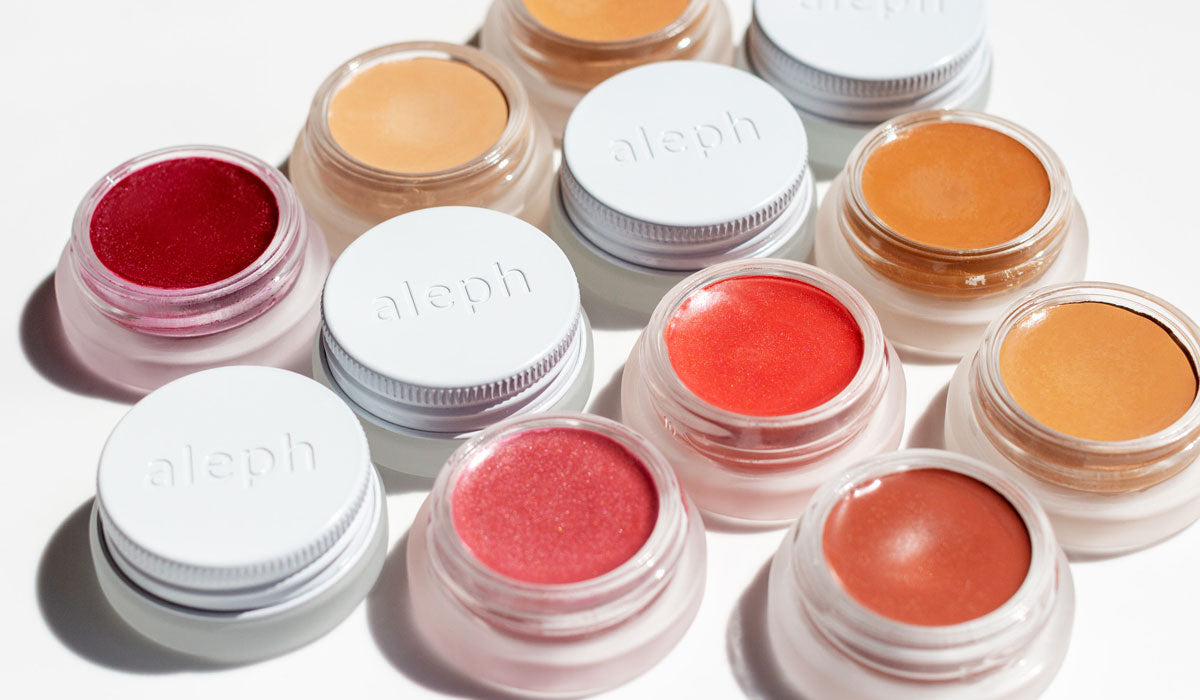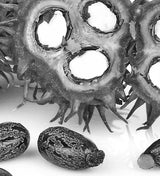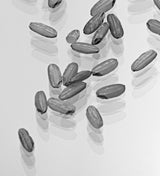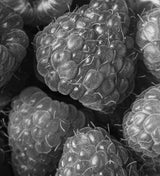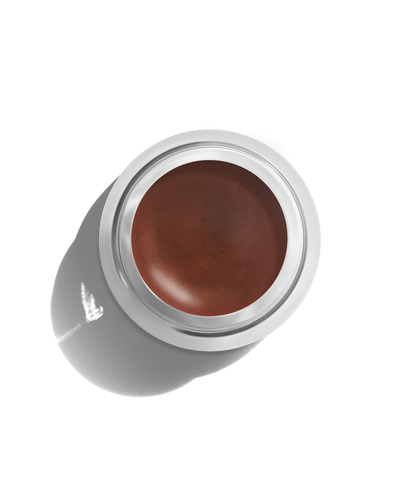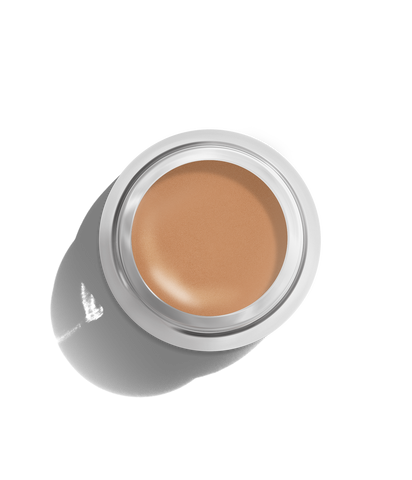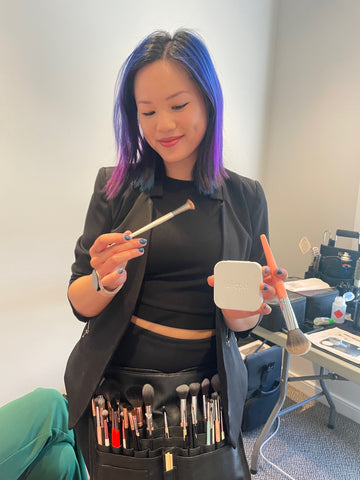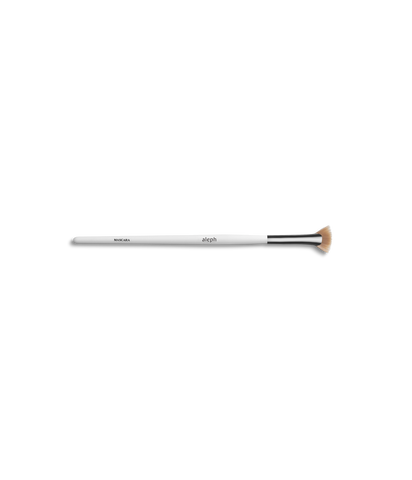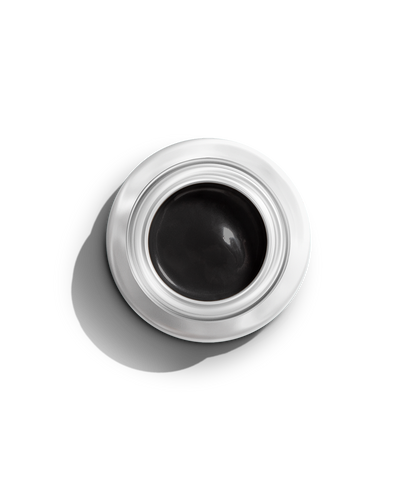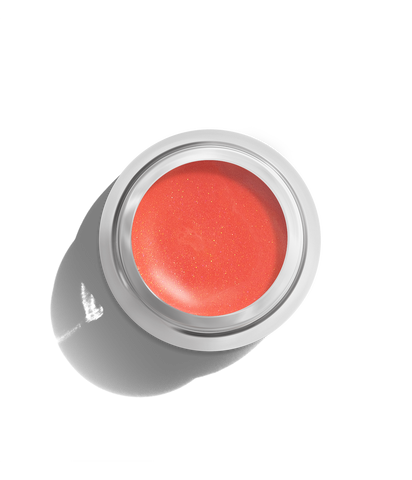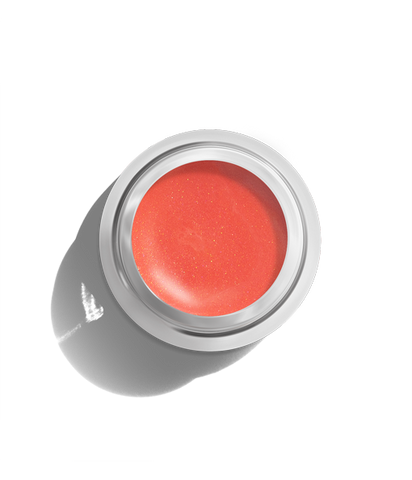We all know by now that plastic is no friend to the planet. Thankfully, the world is catching on as more and more people are making the fantastic move to a plastic-free lifestyle.
Supermarkets are officially banning the use of plastic bags, with other businesses following suit, restaurants have outlawed plastic straws and consumers are calling out brands that aren’t doing their bit and yet, there’s still so much more we can do to help the planet out.
The idea of preventing the planet from a complete plastic overload can appear a little daunting, and while it’s not something easily solved, there are countless steps we can take to becoming completely plastic-free - Beginning with our beauty!
So why is plastic harmful and who's it affecting?
People

That’s right, plastic is harmful to humans.
There are a multitude of different plastics in circulation. But most of them, 99% according to ciel.org, are produced from chemicals sourced from fossil fuels. Crude oil and gasses are converted into hydrocarbon monomers like ethylene, propylene, styrene, vinyl chloride, ethylene glycol and then mixed with other chemicals in various processes to create the desired and fit-for-purpose results.
What, how and where they’re made are not important to this article. What is important to us humans is that almost all plastic releases estrogenic chemicals. This means that the chemicals from plastics are likely to leach into our food, drink and cosmetics, and seek to attach themselves to the hormone receptors in our bodies. Then when our actual hormones come along to do their job, there's nowhere for them to go, creating havoc and disease.
Endocrine disrupting chemicals are also suspected to be associated with altered reproductive function in males and females; increased incidence of breast cancer, and changes in immune function. This has become a serious concern in our children contributing to abnormal growth patterns, neuro-developmental delays in children, and early puberty.
Animals

We’ve all seen images of sealife suffering as a result of wasteful, disposable plastic and with Seaweek kicking off this week (March 2nd-10th), now is a better time than ever to turn our attention towards the damaging health effects of plastic on our underwater friends.
Not only is there an estimated 165 million tonnes of plastic debris floating in the oceans maiming marine life, but small particles of broken down plastic (microplastic) is also being ingested by fish and causing havoc, not least of which is destroying their reproductive abilities (much like what’s happening to humans).
For land animals, the news isn’t much better. Chemicals from plastics leach into soil affecting their food and water supply causing them the same hormonal upsets as the rest of us.
Planet

Every bit of plastic ever made still exists in one form or another and will take several hundred years to decompose.
Our waterways are full of microplastics and our oceans are clogged with giant masses of plastic and garbage. “The Great Pacific Garbage Patch,” is one of the many regions where currents converge and plastic accumulates. Sadly, though some of it may be cleaned up, and many organisations are working hard on this, a huge percentage of microplastic has no chance of being recovered.
The other thing to note is that plastic is made from fossil fuels and the resources needed to produce just a single plastic bottle are astounding. If you picture one of those bottles 1/4 filled with oil, that’s how much it took to produce it.
Though the oil companies that own plastics manufacturing (yes, one and the same) would dispute the fact that we need to eliminate plastic manufacturing, it’s critical to focus on cleaning up and producing greener ways to package and contain all of our necessities and luxuries.
We may think we’re being environmentally responsible and recycling our plastic bottles, and it feels good to do our bit. But in reality, only 12 percent of gets recycled. Whether by accidentally miss-sorting the recyclables, the fact that there’s a lack of profitable markets for recyclables or just by ignorance, doesn't change the fact that there’s an ever-increasing pile of garbage polluting every corner of the earth.
Be accountable
At Aleph, we firmly believe we can all do our part to make a difference to this beautiful planet and the beings on it.
Shop consciously by avoiding clothing made from plastic microfibres, products containing plastic microbeads like exfoliators, choosing reusable containers made from other more sustainable or recyclable materials such as stainless steel and glass.
Make it your mission to be accountable to yourself, or if that’s too hard, find a friend and be accountable to each other. Make it a “non-negotiable” in your day. You don’t have to tackle it all at once, just start with the daily/weekly rituals that can be changed, like coffee and groceries and beauty products.
Begin with these 5 simple beauty swaps
1. Dry Skin Body Brush

For seriously smooth skin, remove the plastic pots, tubes, and bottles of exfoliator floating around the bathroom and make the switch to a fantastic dry skin body brush.
Aside from the fact that this is one of the healthiest things you can do for your lymphatic system, dry brushing is an excellent body exfoliator. To use, brush the skin with light strokes 3 or 4 times in each area starting with the soles of the feet and then the outer extremities inward toward your chest. For the best results, do this with dry skin before you shower and then follow with a gentle moisturiser post-shower.
Your skin will be left feeling smoother and more revitalised than ever, without having to use plastic in the process once.
2. Zero Waste Bars

Another solution to your sustainable lifestyle woes comes in the form of no-packaging-needed bars for your hair, body, and skin. Many health and beauty brands are rethinking the way they do packaging and one of our favourite leaders in this category is NZ brand Ethique, who are not only forging the way ahead with zero-waste, compostable packaging but everything they make is also safe, natural, and contains no icky ingredients.
From shampoo to shaving bars, Ethique’s wide range of product provides us with the perfect opportunity to makeover our shower shelf. Good for people and even better for the planet, there’s no reason not to make the eco-friendlier switch.
3. Plastic Free Makeup

Of course, we can’t leave out Aleph from the list. It’s true that the beauty industry hasn’t exactly had the best track record when it comes to being eco-friendly but we’re doing our best to change this, one product at a time! Creating a better planet that everyone can enjoy in the future plays an enormous role in our philosophy and we fervently believe that sustainable must become the new norm.
That’s why we pack every Aleph product into small, reusable jars and those jars are then packed into boxes made from FSC certified paper and printed with vegetable ink and compostable stickers, which means you can pop your package straight into your compost so it can give back to the earth.
Then, when it comes to sending off your purchase, our product is posted off in shipping bags that are completely compostable too! Please remember to first remove and dispose of the adhesive label, we’re working to source a compostable version of this too!
4. Bamboo Toothbrush

There are over 7 billion humans in the world, most of which use a typical plastic toothbrush to clean their teeth. Because of obvious hygienic reasons, these brushes need to replaced often which in turn means a serious amount of plastic being disposed of. Enter the bamboo toothbrush!
A bamboo-based brush eliminates unnecessary waste while delivering the same quality of cleaning, making this trade a fantastic lifestyle decision the planet will thank you big time for.
Another bonus to using a bamboo toothbrush is that they are naturally antimicrobial. There’s a reason cutting boards and kitchen utensils are made out of wood and bamboo because unlike plastic, properties inside the bamboo kill bacteria that penetrate its surface, proving long-lasting protection against harmful bacteria.
5. Stainless Steel Razors

We’ve all heard of stainless steel straws but what about razors? Unless you’re a regular waxer, most of us are guilty of keeping a stash of disposable razors around the bathroom which ultimately end up contributing to the growing plastic debacle. Just in the U.S alone, over 2 billion disposable plastic razors are thrown out each year, which is quite an unpleasant thought. That's enough to wrap around the Earth end to end six times.
By opting to go down the stainless steel path and eliminate unnecessary plastic from the shaving equation altogether, that’s a huge amount of brownie points we’re scoring from planet Earth. Additionally, while you’re helping save the planet you’ll also be getting a quality, close shave due to the weight of the razor which plays a key role in the ease of shaving. Not to mention, your wallet will thank you as these high-quality razors will last you a lifetime longer than any plastic alternative.
If you have these on hand there’s no question and no stress, and just think how much you’re helping preserve and nurture the planet by opting out of using plastic.

 BACK
BACK